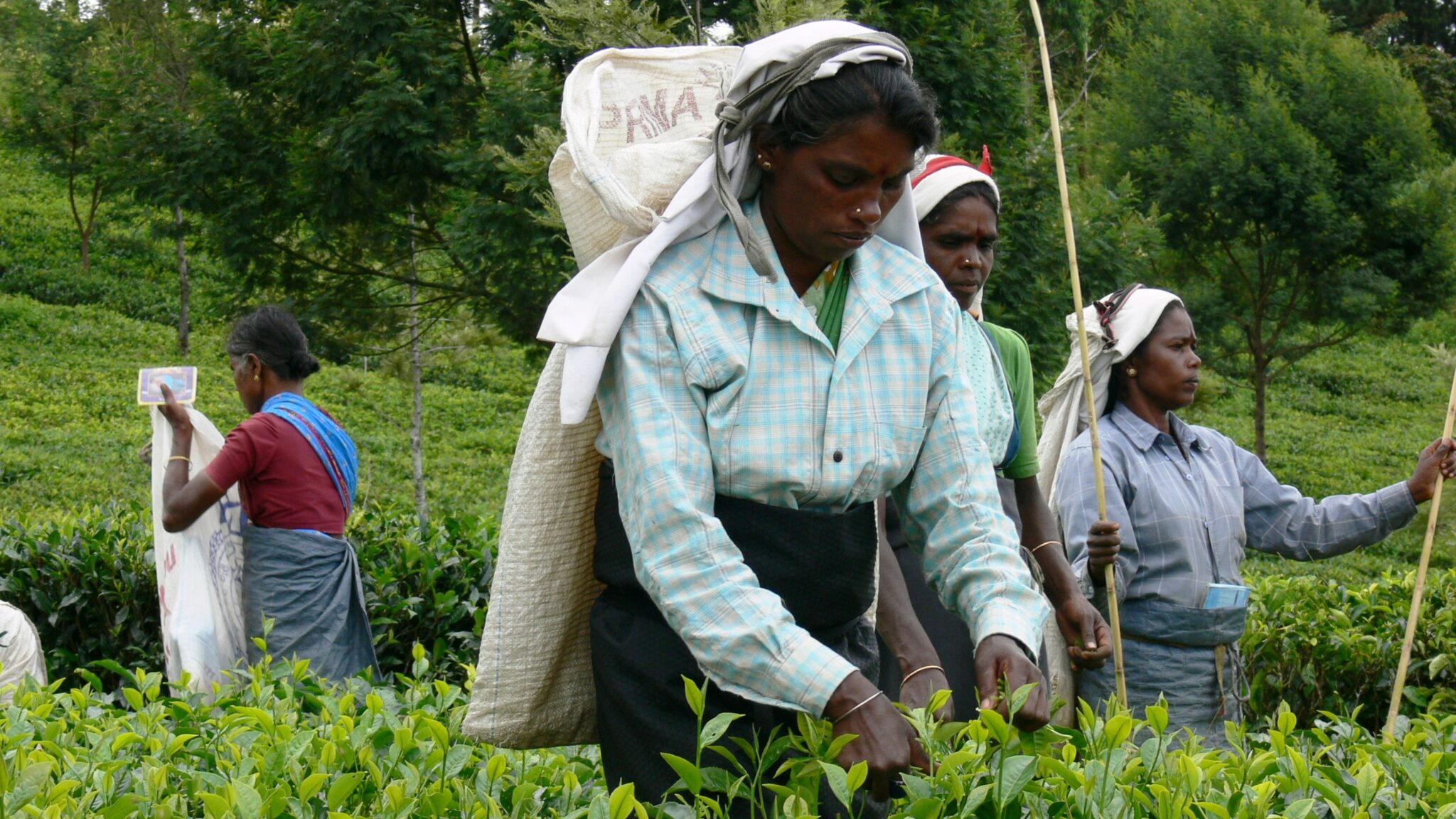
Will Ebeler is a student at Harvard Law School.
In this weekend’s news and commentary, the Sixth Circuit adopts a new standard for collective action FLSA claims; a report highlights “squalid conditions” for tea pickers in Sri Lanka; and Amazon shareholders reject resolutions calling for workers’ rights assessments.
On May 19, the Sixth Circuit established a new standard for certifying wage-and-hour collective actions under the Fair Labor Standards Act. Under the Supreme Court’s interpretation of the FLSA, trial courts hearing wage-and-hour claims can allow claimants to send notice to other employees as “potential plaintiffs” to join the suit. However, there has been less clarity about when another employee is a “potential plaintiff.” The test that has been most widely used by other courts is a two-step process. The plaintiff must first make a “modest factual showing” that potential other plaintiffs were “similarly situated” as the original plaintiff and subject to the employer’s common policy or practice. If the plaintiff makes that showing, other plaintiffs are “conditionally certified” to join the case until after discovery is complete. After discovery, the judge looks at the evidence to decide whether the added plaintiffs are really similarly situated with respect to the original plaintiff. If they are, then the plaintiffs receive “final certification” and the case is decided as a collective action; any plaintiffs that aren’t certified are dismissed from the case.
In a 2021 case, the Fifth Circuit rejected that majority test. Trial courts in the Fifth Circuit must hold limited discovery and find by a preponderance of the evidence that other potential plaintiffs are similarly situated before those plaintiffs can be added at all. That ultimately leads to conclusive decisions much earlier in the case on whether plaintiffs can join.
The Sixth Circuit rejected both tests. It instead held that plaintiffs must show a “strong likelihood” that those wanting to join the case are similarly situated to the existing plaintiffs. In doing so it borrowed from the standard for granting a preliminary injunction, and it explained that the standard is a middle ground between the lenient standard in the majority test and the preponderance of the evidence required in the Fifth Circuit.
The decision was praised by both worker-side and employer-side attorneys. Solicitor of Labor Seema Nanda said that although the government’s position wasn’t completely adopted, the government is happy that the court didn’t adopt the Fifth Circuit’s standard. And plaintiff’s-side attorneys noted that the new standard may require a similar showing to what plaintiffs are already making. Employer-side attorneys, who don’t like the relatively lenient test that most courts use, praised the Sixth Circuit’s decision as a positive step towards getting rid of that test. But ultimately, one attorney said it will depend on how broadly the standard is adopted and how courts apply it.
Next, a Guardian investigation released last week found that workers at ten tea plantations in Sri Lanka couldn’t afford to eat and were living in squalid conditions. Some pickers said they felt forced to send their children to work. Tea pickers have been struggling since the government’s decision to ban chemical fertilizers in 2021 decimated tea yields, led to a 26-year low in tea production in 2022, and triggered an unprecedented economic crisis throughout the country. In addition, although the government sets a per-kilo wage, workers have claimed that some supervisors underpay workers by paying them for less than they pick. And because the farms are in rural locations with few other amenities, workers are forced to use amenities provided by the estates, the costs of which are deducted from their wages. Those deductions often cut wages by 50% or more.
The plantations provide tea to leading global tea manufacturers such as Tetley and Lipton. Those manufacturers have said they are examining the working conditions at the plantations. The plantations are certified by Fairtrade and the Rainforest Alliance, which set rules to protect workers and require wage adjustments to keep up with inflation. Both organizations are beginning their own investigations. Sri Lanka’s minister for water and estate infrastructure wants the government to break up the estates and lease land directly to workers to grow their own cash crops, to give them greater control. He said that the Guardian’s findings showed “exploitation in its finest form.”
Finally, on Wednesday, 34% of voting investors at Amazon voted in favor of a proposal asking the company to conduct a third-party assessment of its stated commitment to workers’ freedom of association and collective bargaining rights. Last year, a similar proposal received 39% support at the company’s annual meeting after the company produced a report addressing how its policies align with its commitment to freedom of association and collective bargaining. This year’s proposal said that the company’s last report didn’t explain how, specifically, the company’s commitments align with standards in the International Labor Organization Declaration on Fundamental Principles and Rights at Work. Another proposal brought at this year’s shareholder meeting requested an audit and report of the working conditions at Amazon warehouses; that proposal also received 34% of the vote. In March, Starbucks shareholders voted to approve a similar resolution, and a similar proposal brought by Apple shareholders was withdrawn after Apple agreed to audit its labor practices. And the boards of many other companies are facing shareholder proposals that urge the companies to address employee-related issues.






Daily News & Commentary
Start your day with our roundup of the latest labor developments. See all
February 6
The California Supreme Court rules on an arbitration agreement, Trump administration announces new rule on civil service protections, and states modify affirmative action requirements
February 5
Minnesota schools and teachers sue to limit ICE presence near schools; labor leaders call on Newsom to protect workers from AI; UAW and Volkswagen reach a tentative agreement.
February 4
Lawsuit challenges Trump Gold Card; insurance coverage of fertility services; moratorium on layoffs for federal workers extended
February 3
In today’s news and commentary, Bloomberg reports on a drop in unionization, Starbucks challenges an NLRB ruling, and a federal judge blocks DHS termination of protections for Haitian migrants. Volatile economic conditions and a shifting political climate drove new union membership sharply lower in 2025, according to a Bloomberg Law report analyzing trends in labor […]
February 2
Amazon announces layoffs; Trump picks BLS commissioner; DOL authorizes supplemental H-2B visas.
February 1
The moratorium blocking the Trump Administration from implementing Reductions in Force (RIFs) against federal workers expires, and workers throughout the country protest to defund ICE.